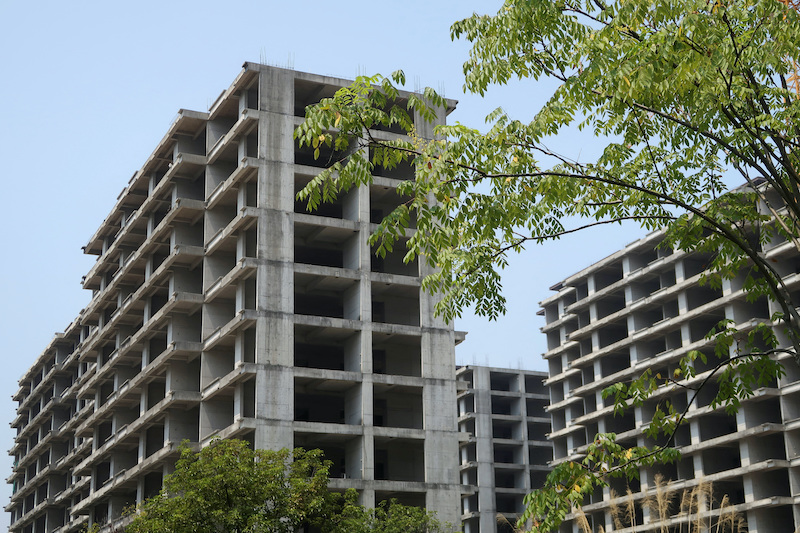According to a report by the World Bank, economic growth in the six Western Balkan countries is expected to increase by 3.2% this year and 3.5% in 2025, reaching pre-pandemic levels but still insufficient for the region to catch up with the European Union at a faster pace. The growth in 2023 was driven mainly by consumption and trade, slowing to 2.6% from 3.4% in 2022 due to the weak economy in the European Union, a key trading partner for the Western Balkans.
In its biannual report covering Albania, Bosnia, Kosovo, Montenegro, North Macedonia, and Serbia, the World Bank increased the growth projection for 2024 while also highlighting risks such as weaker investment and trade, global economic weakness, geopolitical tensions, outward migration, electoral uncertainty and persistent inflation. Despite significant decreases in inflation rates from January 2023 to December 2023 there are disparities in price deceleration across the region with GDP per capita around 40% of EU average.
The report suggests that various reforms need to be implemented by Western Balkans countries to narrow their development gap with EU. All six countries aspire to join EU but pace of their accession varies. The EU’s Growth Plan for Western Balkans worth €6 billion is seen as an opportunity to stimulate economic development through reforms and investments particularly green economy transition. The plan includes resources for critical infrastructure investments and structural reforms to enhance integration with single market. Investing in green transition and improving livability of cities could help boost regional growth further towards achieving sustainable economic growth and closer alignment with European Union



